Not so long ago, the best way for a non-law abiding Australian to make a lot of money was to import drugs such as heroin or cocaine. There were risks, of course, but the profit margins were huge — one good shipment could set you up for life. Several shipments could get you on the AFR Rich List.
It is still lucrative, but some things have changed. Locally manufactured methamphetamine and MDMA are creating competition, cannabis possession is de facto decriminalised, and the authorities are better at detecting imports. On top of that, the penalties are severe; you can get life imprisonment if caught in Australia and the death penalty if caught in Singapore, Malaysia or Indonesia.
Fortunately for our non-law-abiding individual, a whole new market has emerged, equally as lucrative but with far lower risks – tobacco smuggling. Insignificant a little over 10 years ago, illicit tobacco is now a multibillion-dollar market.
It sprang into existence because, beginning in 2010, tobacco excise was ramped up in big jumps, year by year, to make Australian cigarettes the most expensive in the Asia-Pacific region and among the most expensive in the world. The price of cigarettes in Australia is almost 30 times the price in parts of Asia.
The periodic study of the Australian tobacco market by KPMG estimates that of a total market of 14.9 million kgs, 3.1 million kgs was illicit. In other words, illicit tobacco accounts for over 20 per cent of total tobacco consumption. If all that tobacco had been acquired via legal channels, the government would have collected an additional $3.4 billion in excise.
For our individual, the risk assessment has changed. The maximum sentence for importing tobacco is 10 years; state police have no jurisdiction because the offence is evasion of Commonwealth taxes and charges; and once the cigarettes are in the country, not a lot can be done to prevent them being sold. And of course, nobody thinks less of smokers for buying cheap cigarettes.
Our chap can also travel to neighbouring countries and buy as many cigarettes as he likes, put them in containers and despatch them to Australia, without breaking any local laws. As a consequence of the huge price differential, even if nine out of ten containers are intercepted, the profits from the tenth will still be enormous.
Increasingly, our chap is also tempted to grow tobacco locally. It’s not difficult — tobacco was planted in NSW soon after settlement and expanded to every state by the 1970s. Legal production only ceased in 2009.
Illegal production never entirely ended though. For many years my mother, who was a pensioner, rolled her own smokes from chop-chop. And now, with sky-high profits to be made, it is making a comeback.
The Australian Tax Office, which is responsible for stopping local production, is fighting a losing battle. While seizures increased from eight in 2018-19 to 23 in 2020-21, the availability of chop-chop tobacco has not faltered. This is despite the use of satellite surveillance to detect crops based on their biological signature, the same technology used to identify cannabis crops.
While avoiding tax is something with which many Australians would sympathise, the circumstances here are not exactly ideal. The ATO might be deluded about its impact on the illicit market, but it makes a valid point — the profits from it are channelled into organised criminal activities instead of funding essential community services.
Those criminal activities include things like theft, fraud, drug smuggling, people smuggling, violence and corruption of police and officials. Mexico is one example of what that looks like when uncontrolled.
Clearly, this is a problem of the government’s making. The market for illicit cigarettes would not exist but for the huge excise. The 20% of smokers who consume illicit tobacco products can hardly be blamed for wanting to save money. And it is understandable, if not excusable, that our non-law-abiding individual finds supplying the market irresistible.
Many governments, particularly in western democracies, work on the assumption that a regulatory solution can be found for every problem, even when that problem is of their own creation. Yet the ‘animal spirits’ of Keynes invariably triumph. Our non-law-abiding Australian is doing nothing more than responding to a market need.
In reality, there is no prospect of controlling the illicit tobacco market through enforcement, just as it was not possible to enforce alcohol prohibition in America or prohibition of drugs anywhere in the world. The share of illegal tobacco is lower in countries with stronger enforcement against illegal trade, but enforcement alone is not a solution. As the police would say, it’s not a problem that you can arrest your way out of.
The illegal trade in tobacco is estimated to cost US$40-50bn in global tax revenue every year, funds that could be used to fund the services that only governments can provide. The illegal tobacco trade undermines public health objectives, contributes to underage smoking, and promotes crime.
Increasing the price of tobacco and reducing affordability encourages smokers to seek cheaper products and creates opportunities for criminals. A US study found that if cigarettes become 10% more expensive relative to incomes, on average illegal trade grows by 7%.
Governments should be aware of the impacts that tax decisions have on the affordability of tobacco and hence on consumers switching to illegal products.
David Leyonhjelm is a former senator for the Liberal Democrats.
Got something to add? Join the discussion and comment below.
Get 10 issues for just $10
Subscribe to The Spectator Australia today for the next 10 magazine issues, plus full online access, for just $10.

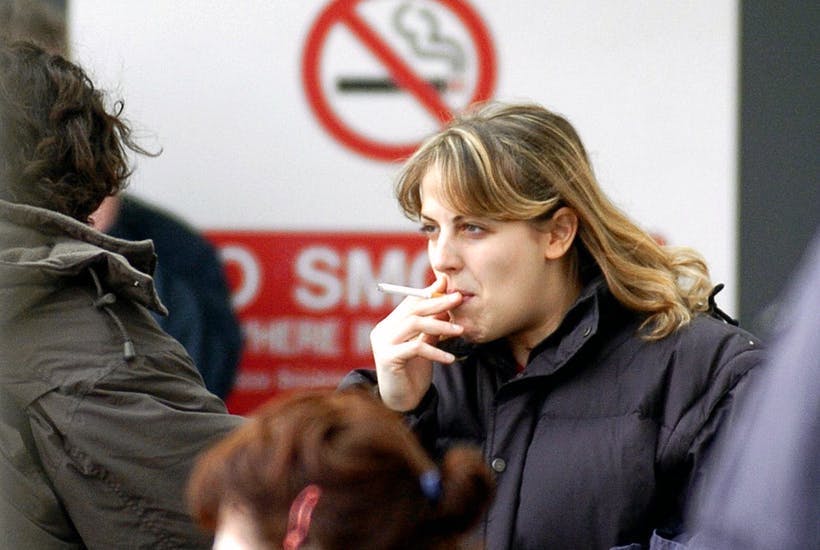
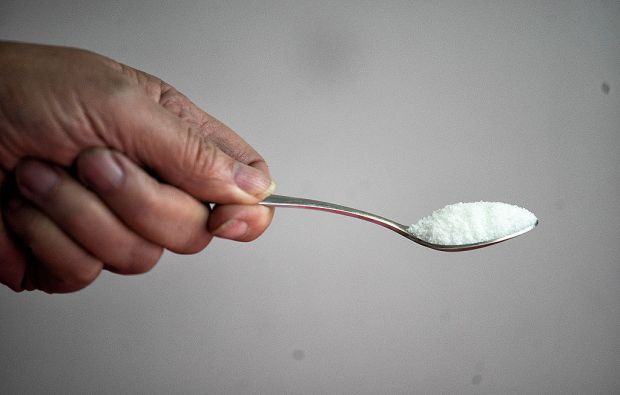
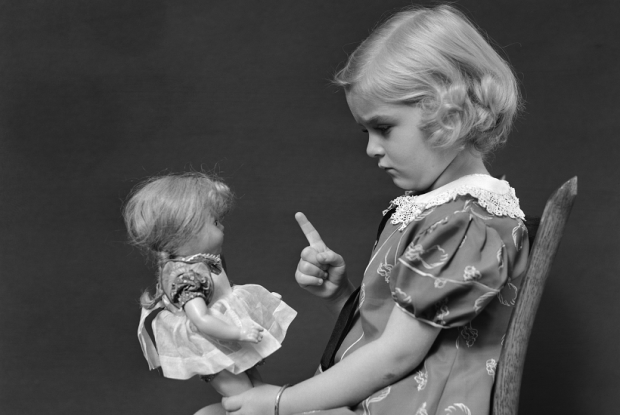
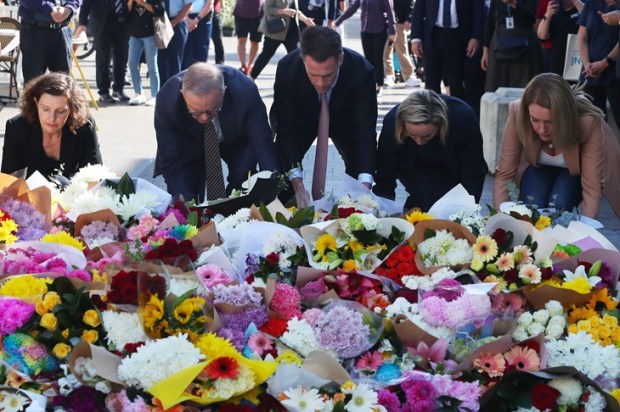

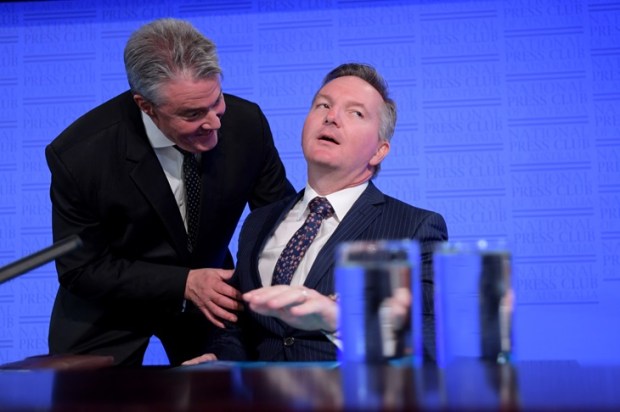
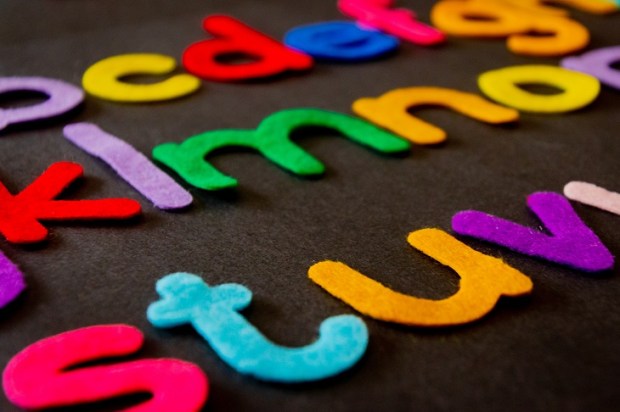


















Comments
Don't miss out
Join the conversation with other Spectator Australia readers. Subscribe to leave a comment.
SUBSCRIBEAlready a subscriber? Log in